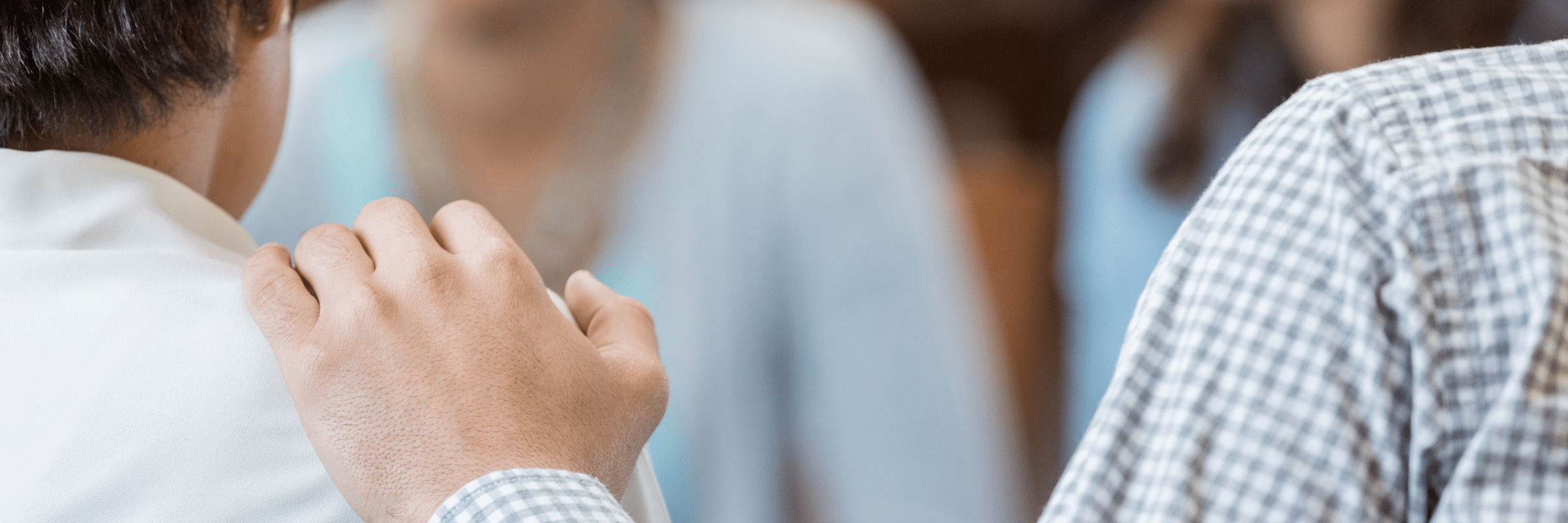
Mia Morales is on mission. After becoming the third person to graduate from Wyandotte County’s Behavioral Health Court, she wants to help others in the same way that Behavioral Health Court helped her.
“I can honestly say that Behavioral Health Court and Wyandot Center saved my life. And I don’t say that lightly,” says Morales. “When I was involved in Behavioral Health Court, I saw all the help they gave me and it was unconditional.”
Morales recently joined the Behavioral Health Court as a Peer Support Specialist, helping participants navigate the program and providing emotional and informational support. After graduating from the Behavioral Health Court in February 2021, Morales is able to draw on her own experiences to help guide others through the program and support them in their recovery journey.
The Wyandotte County Behavioral Health Court began in 2017 and serves Wyandotte County residents who are on felony probation and have also been diagnosed with a Severe and Persistent Mental Illness (SPMI). The program is designed to divert individuals away from jail and/or hospitalization by creating individualized treatment plans to set up them for long-term stability in the community.
“I can honestly say that Behavioral Health Court and Wyandot Center saved my life. And I don’t say that lightly."
Ellen Knocke, Community Corrections Liaison at Wyandot Center, says the Behavioral Health Court differs from traditional courtrooms in a few important ways, including the use of trauma-informed language and a heightened focus on the positive actions of the client.
“The participants of the Behavioral Health Court are given the opportunity to advocate and express their needs directly to the judge,” says Knocke.
Knocke says the Behavioral Health Court, one of three specialty courts in Wyandotte County, allows the county to better serve justice-involved individuals who need treatment instead of prison.
The program can take anywhere from 12 to 18 months to complete and can feel overwhelming at times, according to Morales. But she believes that Behavioral Health Court was a very important piece of her recovery journey.
“When I started Behavioral Health Court, that’s when things really came together,” says Morales. “In this most recent go-round of recovery, I didn’t have a relationship with my family and I was in a very toxic relationship. So for a long time, my peer support and my case manager – they were my support system.”
Morales has since made amends with her family.
In her new role with the Behavioral Health Court, Morales works to use her life experiences to connect with individuals navigating the program and offer support and encouragement. She works with participants to develop coping and self-care skills. And while Morales does offer services to all Behavioral Health Court participants, individuals are not required to engage in peer support as part of the program.
